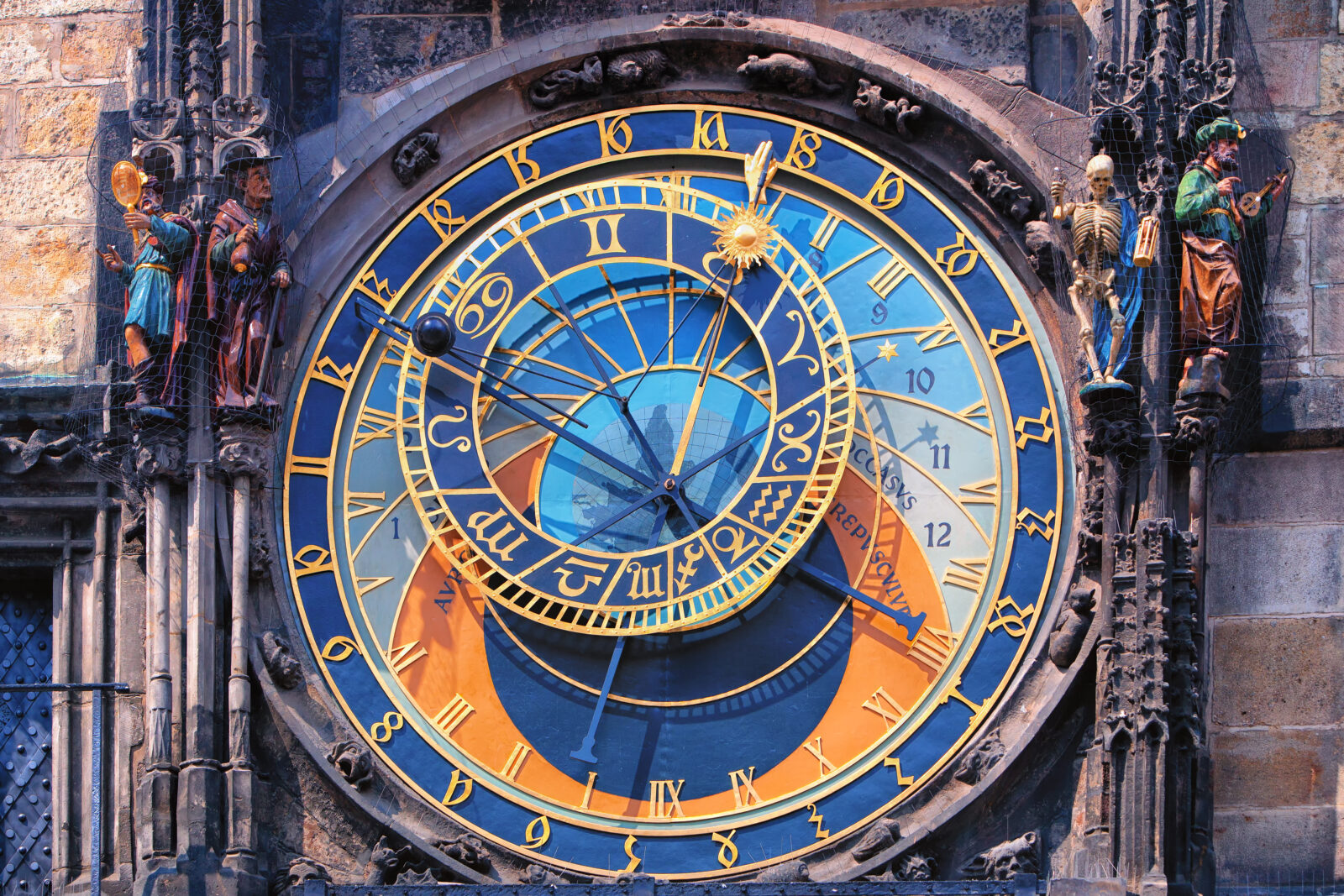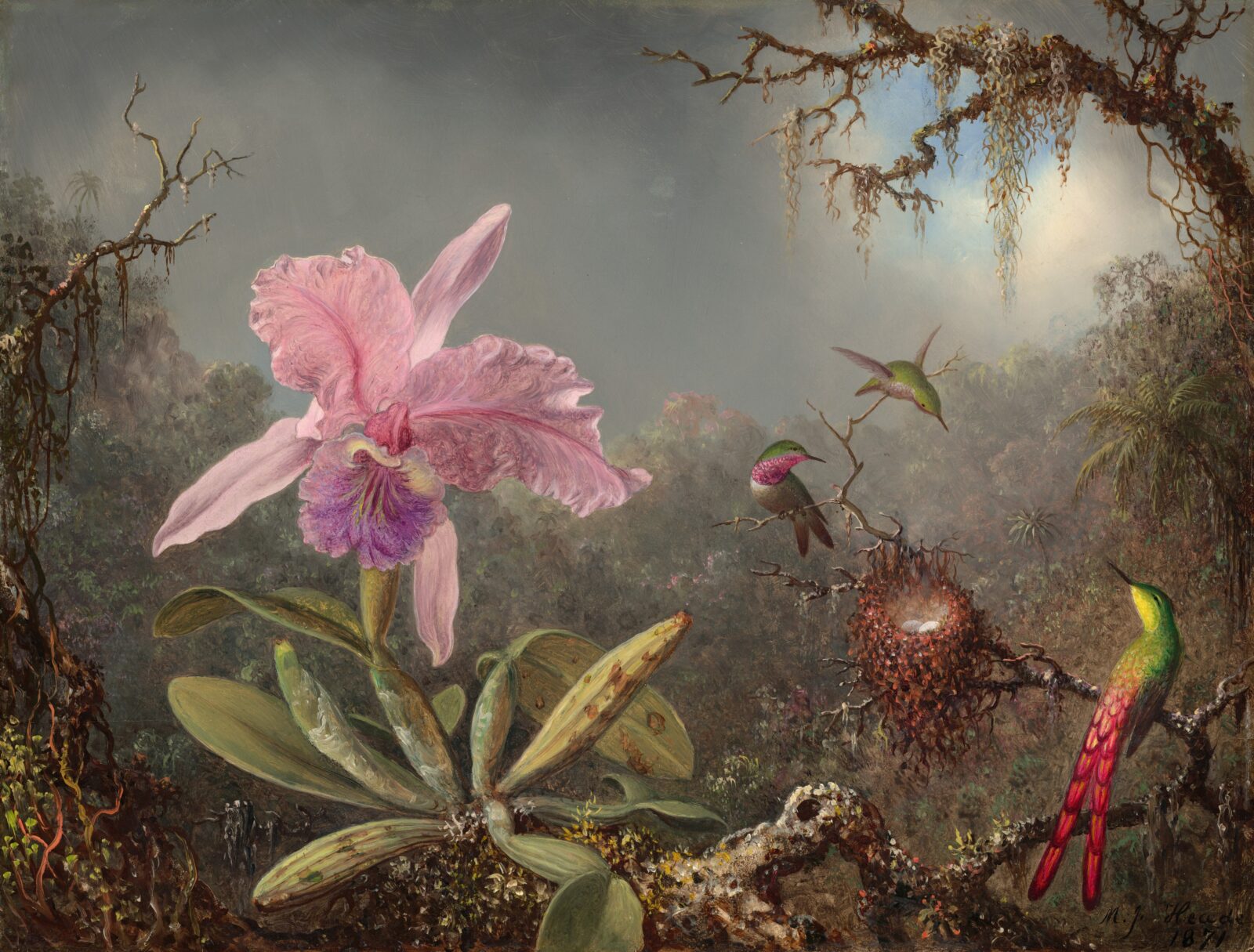


Jonathan McLatchie on the Gift of Hearing

The Optimal Design of Our Eyes

Brian Miller on the Gift of Vision

John Lennox: Against the Tide of Scientism
On this ID the Future from the archive, host Stephen Meyer concludes his three-part conversation with Oxford mathematician and philosopher John Lennox on Lennox’s new film Against the Tide: Finding God in an Age of Science. Science depends on word, on logos, says Dr. Lennox, meaning the rational intelligibility of the universe. Francis Crick, co-discoverer of DNA, wished to disprove the need for God, but the language of DNA has turned out to be a signpost to an intelligence, Lennox contends: a logos behind nature. Scientists still claim authority to pronounce against theism, but according to Lennox, such pronouncements come not from science but from a dogma known as scientism. Far from being “science vs. God,” it’s really a collision of competing worldviews. Enjoy the conclusion to this conversation and then watch the movie Against the Tide, also starring actor Kevin Sorbo. Dig Deeper Rent or buy Dr. Lennox’s film Against the Tide. Watch the trailer:
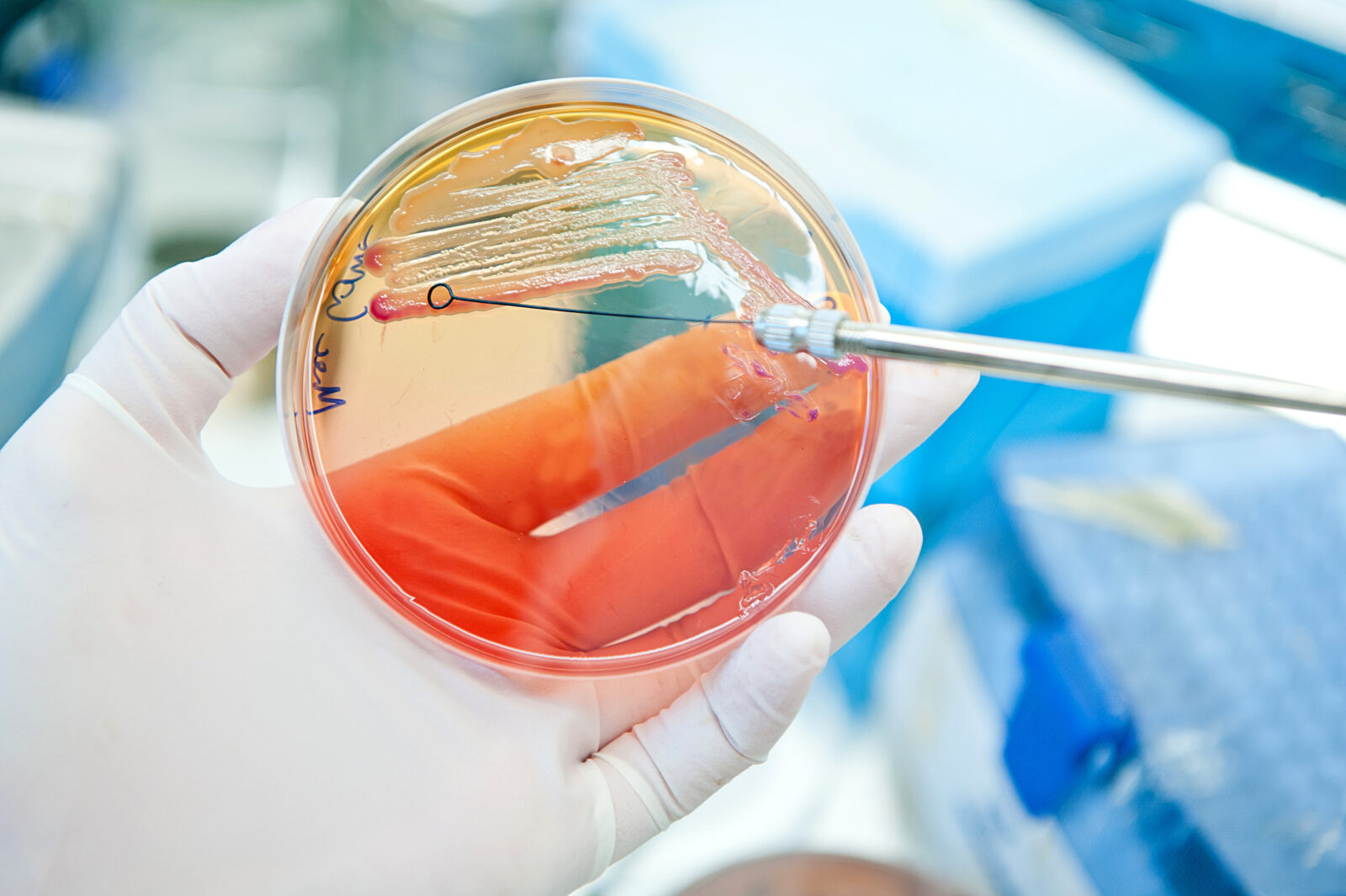
Hitting the Brakes on ‘Rapid Evolution’

A Microbiologist’s Journey to Intelligent Design
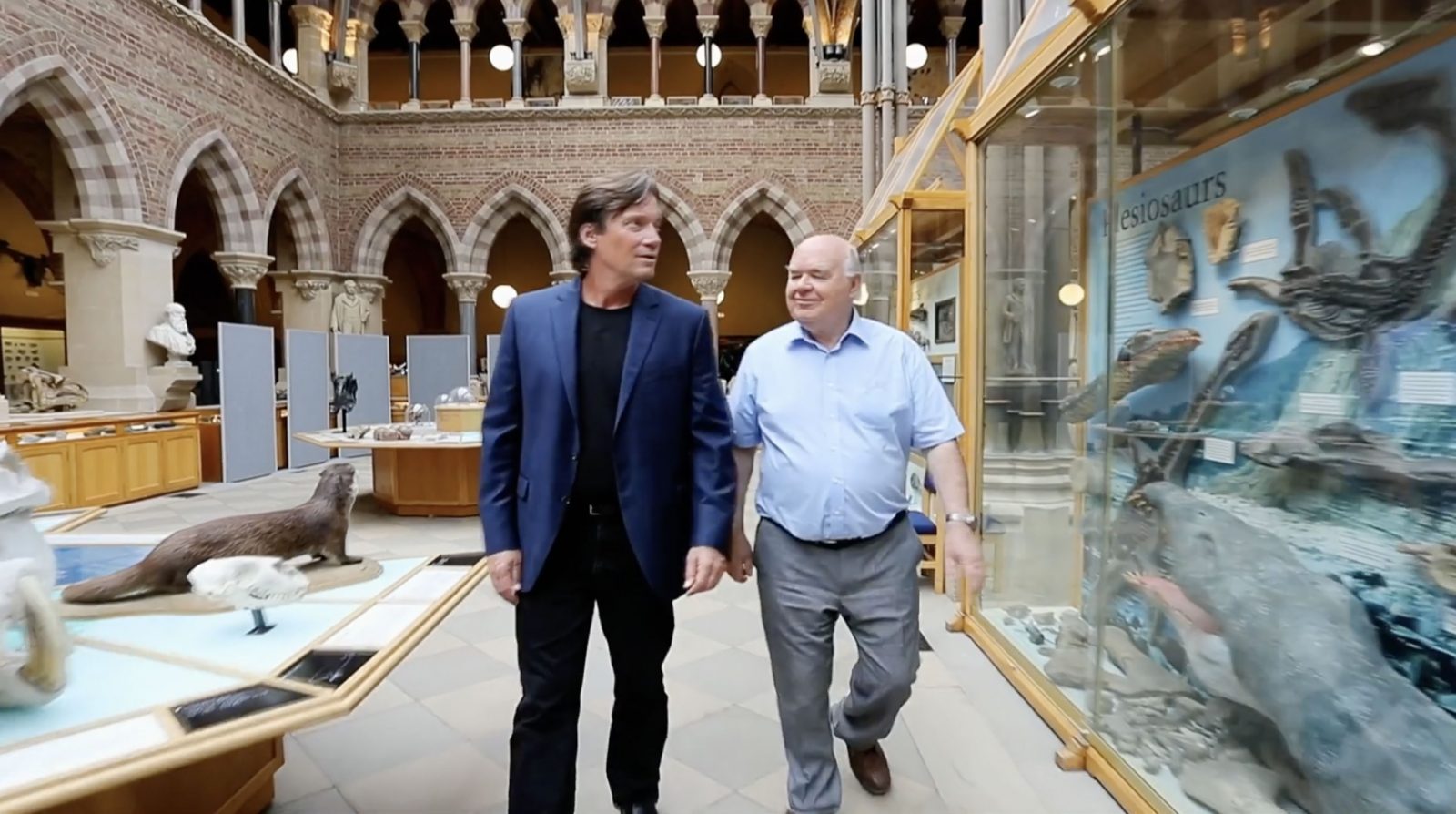
John Lennox: Against the Tide of Atheism
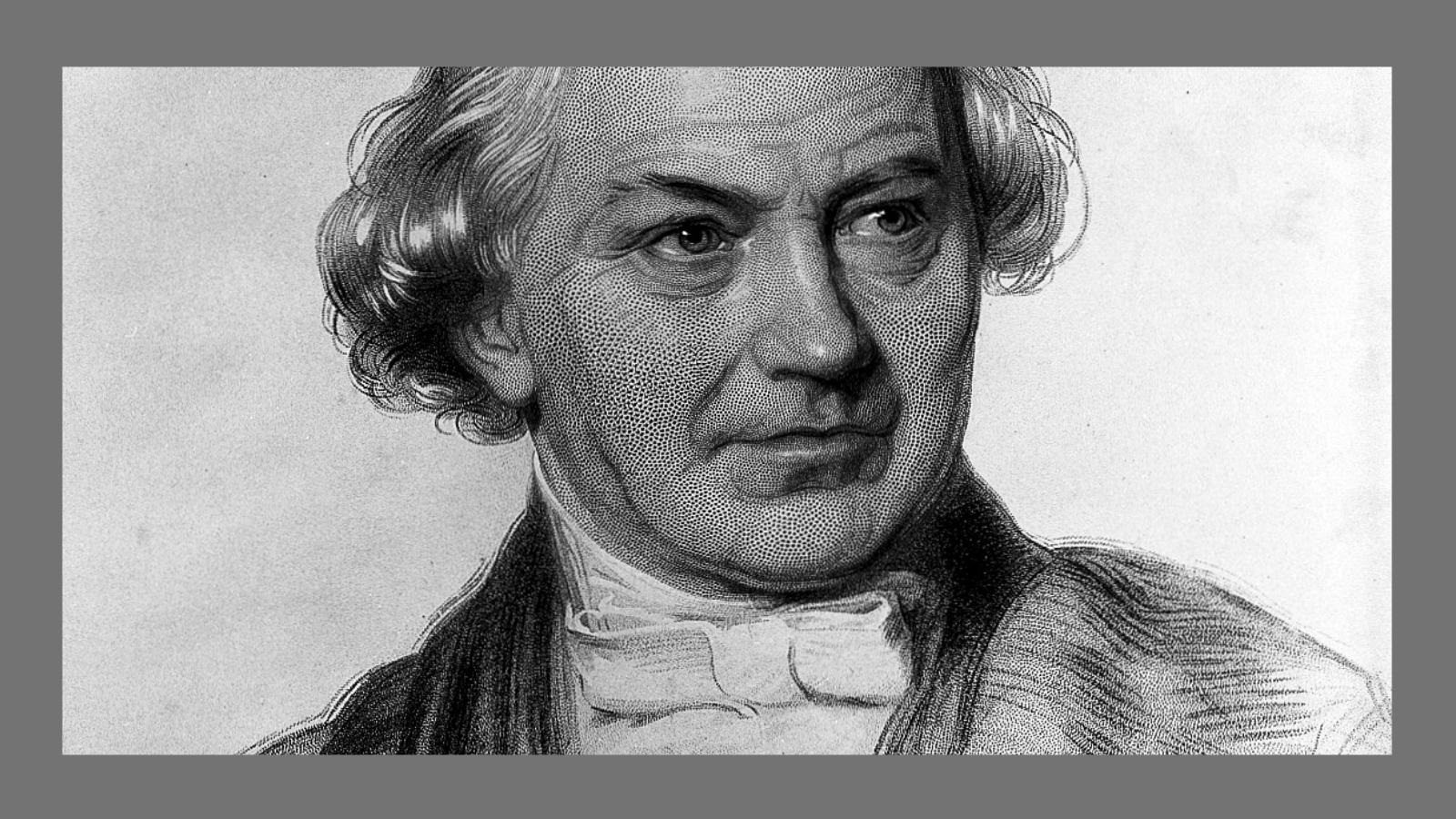
William Whewell: Statesman of Science
